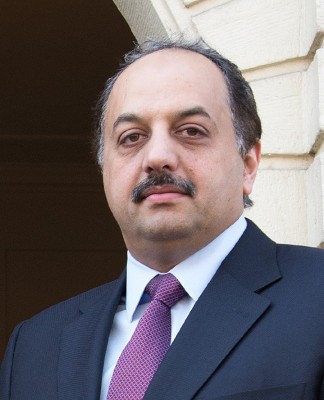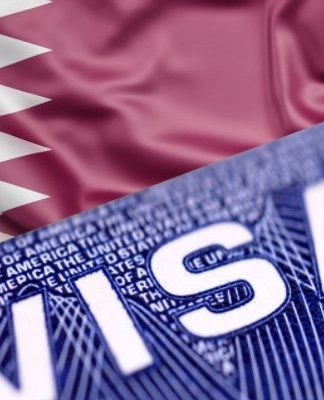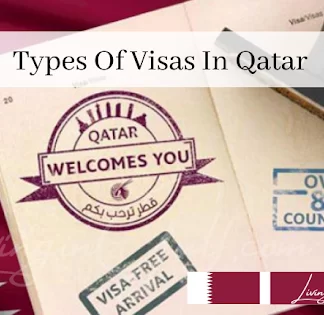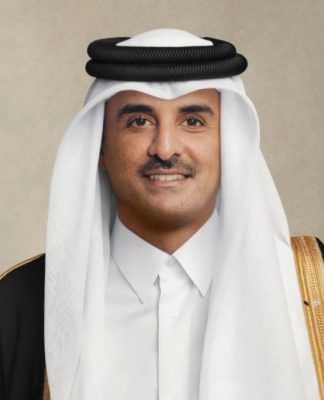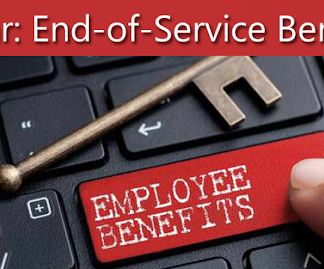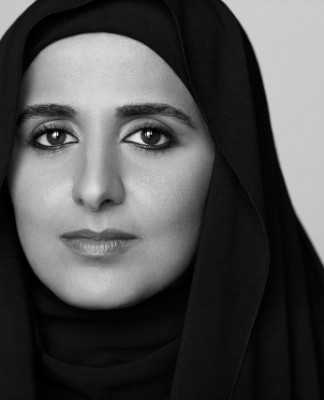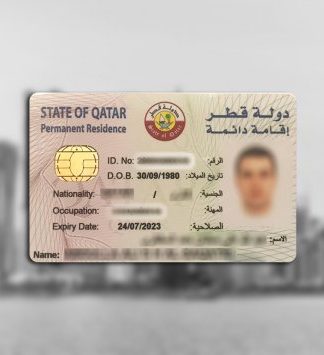
The study of 1,500 households concludes that although men were generally supportive of women getting a job, marriage and children could stop women from pursuing employment. Getty Images
DUBAI // Women in the emirate have their husbands’ support if they choose to work, but some social and patriarchal attitudes can make it hard for them to join the workforce, a study found.
Researchers from the University of Sharjah and Hofstra University in the United States spoke to members of 1,500 households, both expatriate and Emirati, to find out what factors inhibit or facilitate women’s entry into the workforce.
“Many researchers writing about barriers to women’s participation in the labour market in the Mena region have pointed at institutional – socio-cultural and religious – barriers, but there were no quantitative studies with a focus on these possible barriers,” said Fatemeh Moghadam, professor emerita of economics at Hofstra University.
“Therefore I was interested in undertaking a study that focused on testing the possibility of the existence of such barriers.
“As a multiethnic, multireligious and multicultural place, Dubai was an interesting place to examine the subject in a comparative context.”
Prof Moghadam found that 38 per cent of the women surveyed were employed, 40 per cent were economically inactive, 18 per cent were students and 4 per cent were jobless.
The researchers concluded that although men were generally supportive of women getting a job, marriage and children could be barriers.
“Our findings go against certain stereotypes,” said Dr Rabia Naguib, a co-author of the study who now works for the Doha Institute for Graduate Studies.
“Men in our study revealed themselves to be highly supportive of women at the micro level.”
According to the people she interviewed, the bigger issue was finding employment that would not hurt their family life.
“It’s a matter of work-life balance. In the interviews I conducted, it was very clear that men would support women as long as the family did not suffer,” Dr Naguib said.
“If you offer women flexible working hours, if you offer them nurseries for their children, that would help to solve the problem.”
Researchers also found that contrary to misconceptions – mainly rooted in the West – expatriates and Emiratis did not view religion as prohibiting women from working.
“Most of the participants viewed Islam as giving women strong economic and legal rights, allowing them to establish businesses, manage finances and maintain financial assets independently of their husbands,” Dr Naguib said.
Some women entrepreneurs, however, “experienced various constraints on their mobility, and the mixing with men continues to be discouraged” because of cultural norms.
“Although Islam continues to provide the normative foundation, the patriarchal social contract continues to be alive and well in the UAE, restricting in turn the particular expressions of female entrepreneurship in this context,” Dr Naguib said.
These patriarchal attitudes and traditions appeared to be internalised more by women than men, according to the study.
For instance, women were more likely than men to agree with the statements that “it is not good for the quality of family life if a woman works outside the home” and that “my family does not have a positive perception of women working outside the home”.
More than men, women also believed that women should gain the head of the household’s permission to work.
The study found that respondents between 35 and 54 years old were more conservative than younger people in that regard.
“Women expressed more support than men for cultural norms that allowed male control and that limited women’s freedom to work,” according to the researchers.
Prof Moghadam said she hoped “that the findings of the study would make policymakers, employers and families aware of these problems”.
















